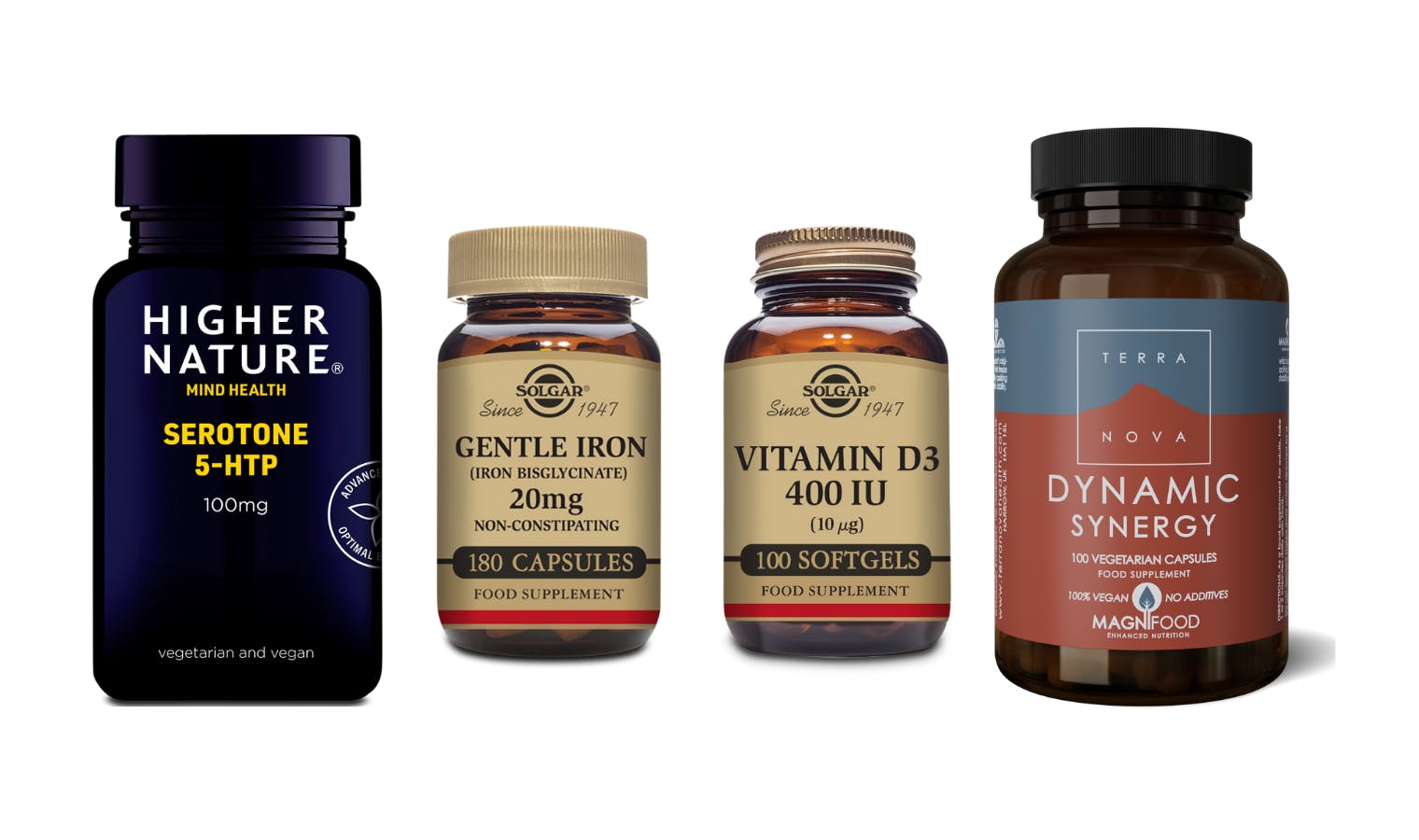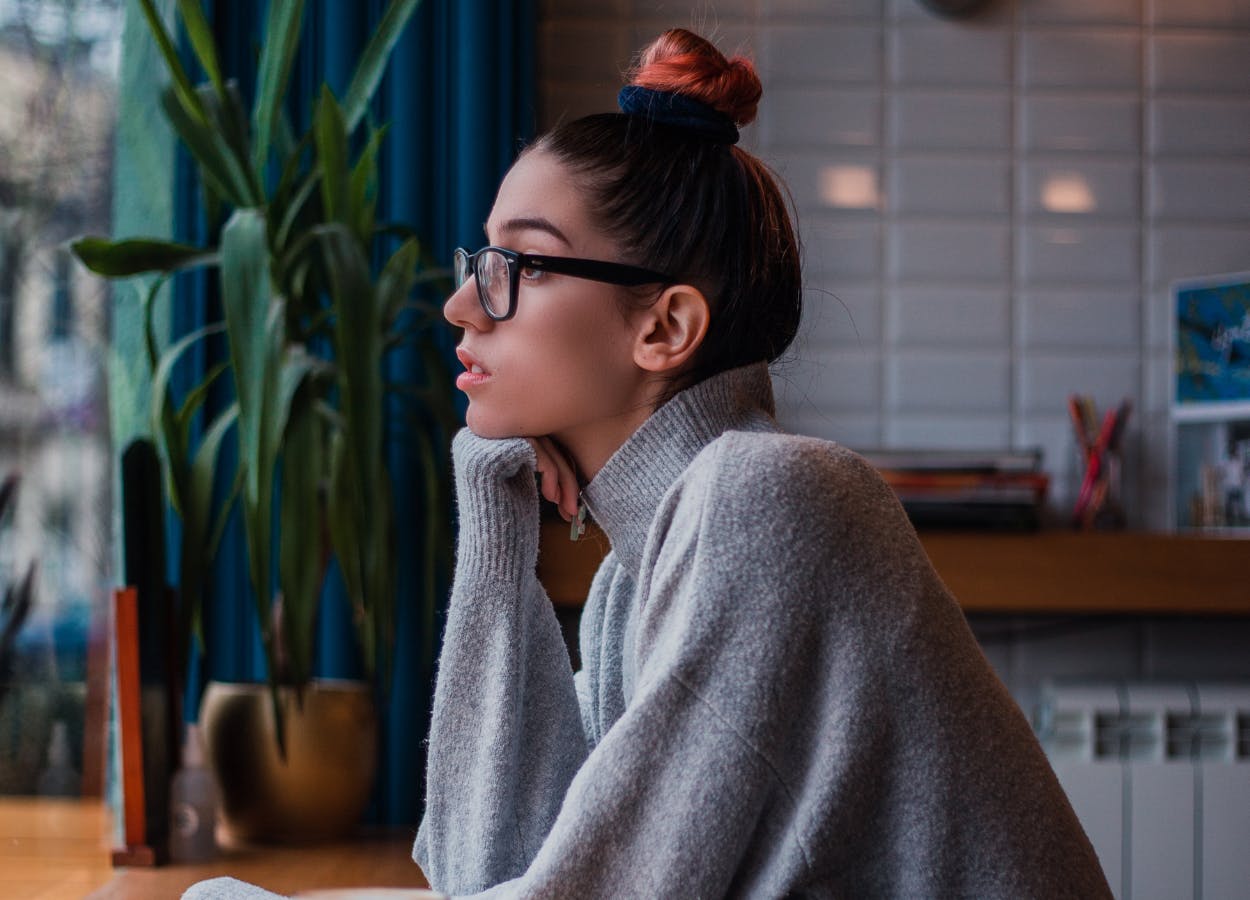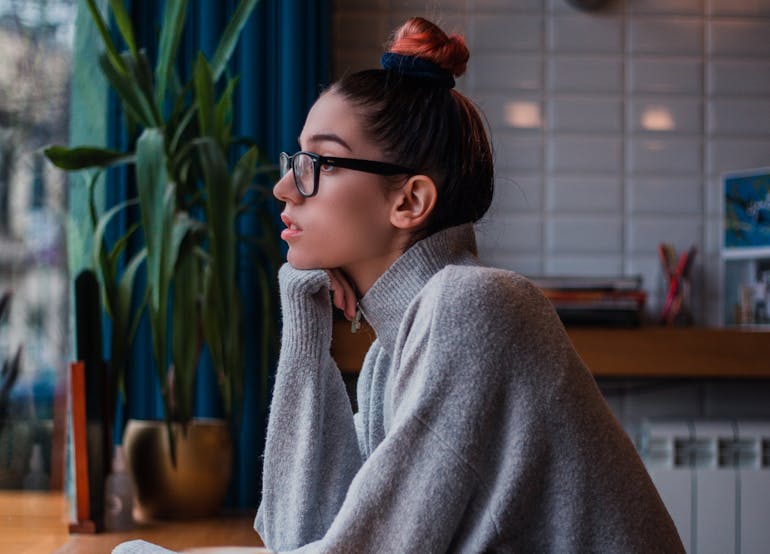Don’t be SAD: our expert advice on how to combat seasonal affective disorder
Reviewed and fact-checked by Giulia Guerrini, Superintendent Pharmacist. Read our editorial policy to see how we create informative, accurate content.
Got the winter blues? You’re not alone – but for some people, it’s not as simple as missing long summer days or finding it hard to get out of bed on chilly mornings. Seasonal affective disorder can be crippling for many adults when the weather turns colder and the nights draw closer. Read on for a rundown of SAD, including our expert advice on how to cope with seasonal affective disorder.
What is seasonal affective disorder?
SAD (seasonal affective disorder), sometimes referred to as seasonal depression or winter depression, is a type of depression that many people experience in a seasonal pattern every year. Although some people can experience SAD during the summer, seasonal affective disorder symptoms are usually more noticeable and severe during the winter months. The trigger of SAD is usually attributed to dark, cold and bad weather conditions. In other words, exactly the conditions winter in the UK is known for – which is why seasonal affective disorder can be quite common in the UK.
Do I have seasonal affective disorder?
Are you feeling unhappy, annoyed or irritable for more than a few days at a time? Are you less creative and productive at a certain time of year? When your low mood starts lasting for weeks or months, it might be a sign of SAD.
Feeling sad, worried or stressed during winter doesn’t necessarily mean you have Seasonal Affective Disorder though (especially considering the year we’ve had in 2020). We’d always advise speaking to a doctor if you’re concerned. Getting the right diagnosis and seasonal affective disorder treatments from your doctor – including medication, which can really help – is important. Don’t feel worried or embarrassed about seeking help: that’s what your doctor is there for.
If you’re experiencing any of the following symptoms, you might have SAD (or another type of depression):
- Persistent low mood, feeling more irritable, stressed or anxious than usual
- Losing interest in hobbies or activities that you’d normally love to do
- Low self-esteem and feelings of guilt or shame
- Not wanting to spend time with friends or family
- Having very little energy and feeling tired during the day
- Sleeping for longer than usual
- Finding it harder to concentrate and being less productive
- Reduced sex drive and loss of interest in sex
Sound a bit too familiar? Here’s the good news: you don’t have to just deal with these feelings by yourself.
Can vitamin supplements help with SAD?
First of all: if you’re already taking medication for depression or anxiety, don’t use supplements unless your doctor has cleared it first (particularly 5-HTP). But if your doctor is okay with it or you want to try something else before medication, here’s a short list of supplements that might help.

- Vitamin D
Vitamin D is an essential nutrient that our bodies create when our skin is exposed to sunlight. It’s well-known as the ‘sunshine vitamin’, and in winter a lot of us can be vitamin D deficient. A vitamin D deficiency can make you feel tired or achy and have an effect on your sleep quality. Try taking one of Solgar Vitamin D3 (Cholecalciferol) 4000 IU (100µg) 120 Capsules daily to see if it has an effect on how you feel.
- Iron
When you don’t get enough iron in our diet (as a lot of people don’t), you can develop iron deficiency anaemia. Symptoms of iron deficiency include tiredness and lack of energy – which links to SAD. First, make sure to take a blood test, which can easily detect if you suffer from iron deficiency. Then, keep your energy levels up and support your health through winter with iron tablets such as Solgar Gentle Iron 20mg 180 Capsules.
- 5-HTP
Serotonin is what usually takes a dip when depression strikes. As 5-HTP is the amino acid that helps to produce serotonin, a lot of people use 5-HTP for depression. Adding more 5-HTP with a supplement such as Higher Nature Serotone 5HTP 100mg 90 Capsules can help to lift your mood and regulate your sleep schedule.
- Cayenne + Ginko Biloba + Ginger supplements
This supplement combination can help people who suffer from having cold extremities in winter that never seem to warm up, which can affect their concentration and mood – just like SAD. If that sounds like it might affect you, try taking Terranova Dynamic Synergy 100's to see if this magic combination works.
What other seasonal affective disorder treatments are there?
Medication can be prescribed to you by a doctor if your symptoms are very debilitating. But here are a few tips, tricks and methods below that you can try straight away to feel better.

Getting more light = feeling more bright
The more light you get on darker days, the better you might feel. Go for a walk in the morning on bright winter days (just getting outside can help your mood, too). Make sure light isn’t blocked from getting into your household through covered or dirty windows. Brighten up your rooms as much as you can, with white paint and lots of lights. And speaking of lights...
Try light box therapy with a SAD lamp
SAD lamps are light therapy boxes that are at least 2,500 lux and aim to simulate exposure to sunshine. If you get one, look for 10,000 lux lamps (the brighter they are, the better the effect). It’s usually advised that you sit in front of your light box for about 30 minutes a day to get the full effects.
Get outside and exercise
Staying active can seem like a tough task when you’re dealing with SAD. But exercise really can work wonders for the mind, so try not to give in to long evenings on the sofa. Getting outside is best. Go for a brisk walk or a relaxed run (especially if it’s bright outside). But if you’re a bit time-strapped or can’t find the motivation, a treadmill or stationary bike close to a window will do the trick.
Start your self-care ritual
When the low mood hits and you start feeling down, try to take a moment to care for yourself. Simply taking the time for a sheet mask or moisturising with a body lotion can help you to feel better. Try smoothing on BetterYou Magnesium Body Lotion from head to toe, then unwind with Mizon Joyful Time Essence Mask with Aloe for a while. You can also try meditation or writing down your thoughts and feelings in a mindfulness journal.
Add extra aromatherapy benefits to your routine
Aromatherapy doesn’t just make your flat or bath smell nice. The right fragrance can also lift your mood or help you relax. Try essential oil diffusers with soothing scents for around the house. Or, add OSI Magnesium Good Mood Mandarin Bath Flakes into your bath for a bright orange scent that lifts your mood and spray Alteya Organic Bulgarian Lavender Water 120 ml Spray over your body afterwards for a long-lasting relaxing scent.
Do you have SAD or know someone who does? Share this article to spread awareness and advice. Try our tips above too, and let us know what you think at @wearemedino on Instagram and Facebook.

